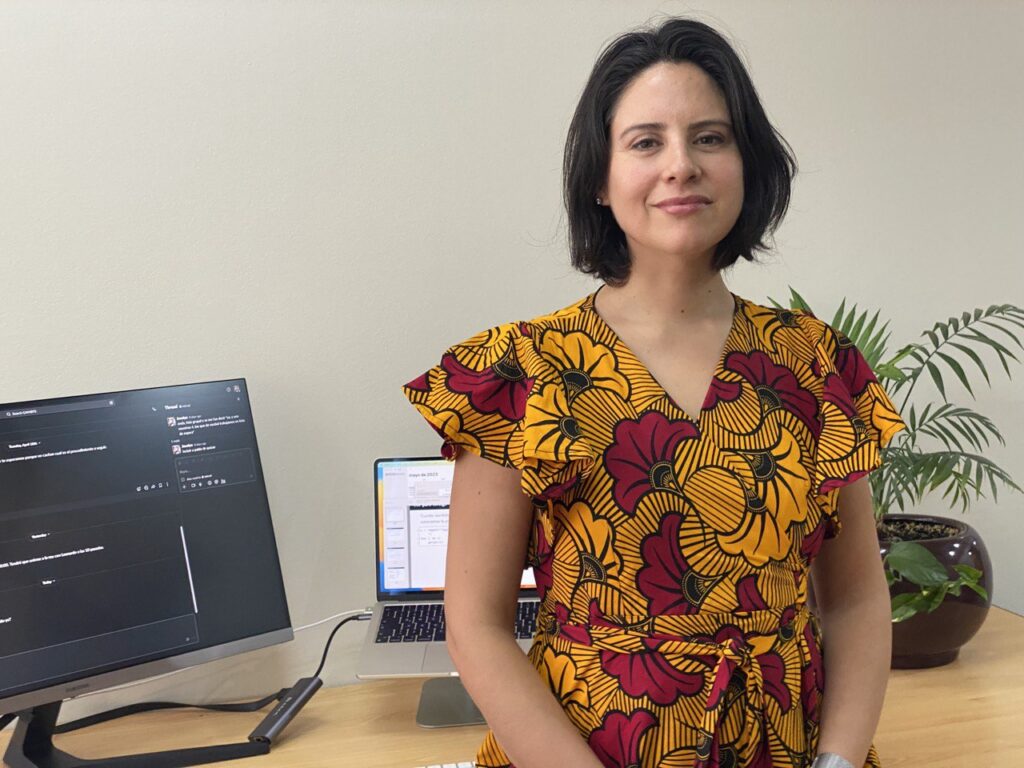
Ricardo Baeza Yates (he/him) is Director of Research at the Institute for Experiential AI of Northeastern University, as well as part-time professor at the Dept. of Computer Science of University of Chile. Before, he was VP of Research at Yahoo Labs, based in Barcelona, Spain, and later in Sunnyvale, California, from 2006 to 2016. He is co-author of the best-seller Modern Information Retrieval textbook published by Addison-Wesley in 1999 and 2011 (2nd ed), that won the ASIST 2012 Book of the Year award. From 2002 to 2004 he was elected to the Board of Governors of the IEEE Computer Society and between 2012 and 2016 was elected for the ACM Council. In 2009 he was named ACM Fellow and in 2011 IEEE Fellow, among other awards and distinctions. He obtained a Ph.D. in CS from the University of Waterloo, Canada, and his areas of expertise are responsible AI, web search and data mining plus data science and algorithms in general.

Sourav S Bhowmick (he/him) is an Associate Professor in the School of Computer Science and Engineering (SCSE), Nanyang Technological University, Singapore. He is the Program Director of the Master of Science in Data Science (MSDS) program in NTU and the founder of the Data Management Research Group at NTU (DANTE). He holds/has held visiting faculty positions at MIT, Fudan University, Xidian University, and Hong Kong Baptist University (HKBU).
Sourav’s core research expertise is in data management, human-data interaction, and data analytics. His research interests are user-centric, multi-area and multi-disciplinary in flavor, focusing primarily on developing novel paradigms, algorithms, and technology to improve efficiency, scalability, fairness, or usability of data-centric software. In addition to novel contributions in classical data management and analytics, Sourav pioneered several non-traditional paradigms and techniques such as bridging data management and HCI (human-data interaction) to build usable and high performance visual querying systems, bridging social psychology and online social influence towards more realistic representation of the social space, bridging database education and technology, mining structural evolution of complex-structured data, and data-driven conflict of interest (COI) management in peer-reviewed venues for fairer review process. His views on human-data interaction and review fairness can be found in 2021 SIGMOD Record (Distinguished Profiles column) interview. In particular, some of his research have led to the following systems that have been used in practice by end users: CLOSET, NEURON, LANTERN ARENA, gRNA, Hyperthesis.

Jocelyn Dunstan (she/her – pln.cmm.uchile.cl ) is a professor at the Catholic University of Chile in a joint appointment between the Department of Computer Science and the Institute for Mathematical and Computational Engineering. She holds a master’s in Physics, a Ph.D. in applied mathematics and a postdoc in public health. Prof. Dunstan leads the clinical natural language processing group in Chile. In particular, they use methods to extract critical information and support decision-making. Besides, she is leading applied projects to leverage information extracted from free text with a gender perspective and privacy-preserving approaches. She also has a podcast called “ciencia de datos”. She enjoys discussing work-life balance in academia, the need for more diversity in science, and the importance of interdisciplinary research. She is member of the A+I Alliance Artificial Intelligence Feminist Research Network.

Jennafer Shae Roberts (she/Her) is Ethics Researcher at Accel.AI since 2017 after she graduated with a masters degree in anthropology and social change. Her thesis work was on what it means to care in a world of neoliberalism and individualism. With Accel AI, she has led workshops and talks on mindset training for AI engineers and enthusiasts. In 2021, after moving to Cambodia, she focused her work on researching ethics in AI, and has since been composing research papers, textbook chapters, reports, meta-analyses, and blog posts on various topics in ethical AI including top-down and bottom-up implications of ethics for AI, machine learning bias and mitigating racial bias in medical machine learning, Indigenous Data Sovereignty and neocolonialism in data, and environmental and human rights issues within AI ethics.
Moderator

Genoveva Vargas-Solar (she/her – http://www.vargas-solar.com) is a principal scientist of the French Council of Scientific Research (CNRS) and a member of the DataBase group of Laboratory on Informatics on Image and Information Systems (LIRIS). She is a regular member of the Mexican Academia of Computing. She obtained her Habilitation à Diriger des Recherches (HDR – tenure) from University of Grenoble. She obtained her first PhD degree in Computer Science at University Joseph Fourier and her second PhD degree in Literature at University Stendhal. She obtained her first master’s degree in computer science at University Joseph Fourier and her second master’s degree in Compared Literature at University Stendhal. She did her undergraduate studies on Computer Systems Engineering at Universidad de las Américas in Puebla. She contributes to the construction of service-based database/data science management systems. She proposes query evaluation methodologies, algorithms, and tools for composing, deploying, and executing data science functions on just in time architectures (disaggregated data centres). Her research interests in Literature concern middle age Literature, myths’ critics and myths’ analysis applied to different myths of origins. She promotes gender equality and diversity and inclusion (DEI) actions. She is a member of the gender equality committee at LIRIS and she coordinates the DEI database conferences initiative. She leads the SINFONIA and JOWDISAI projects on women’s work in AI and DS. She actively promotes scientific cooperation in Computer Science between Latin America and Europe, particularly between France and Mexico.
